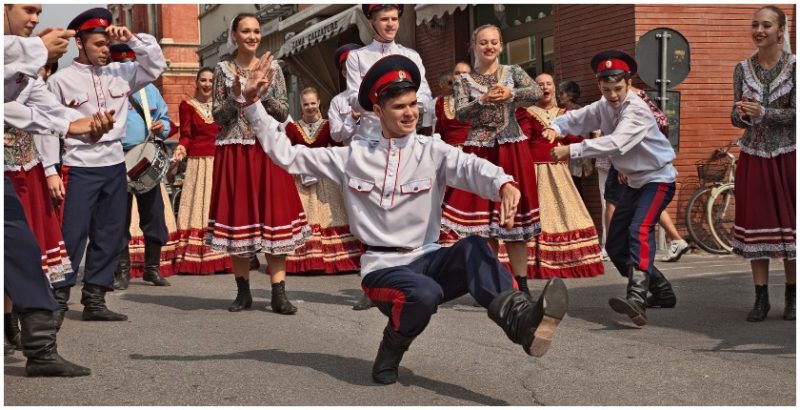American Idol premiered in 2002 and it has been running (mostly) on and off since then. The show gave birth to a number of other similar shows, each with its own unique twist: The Voice, America’s Got Talent, and most recently, The Masked Singer.
One of the most appealing things about these shows to the people who watch them is that they can call in and vote for the performer(s) that they like the best. Before the show, a toll-free number is assigned to each performer, and the shows’ producers tally that information to pick or help pick a winner.
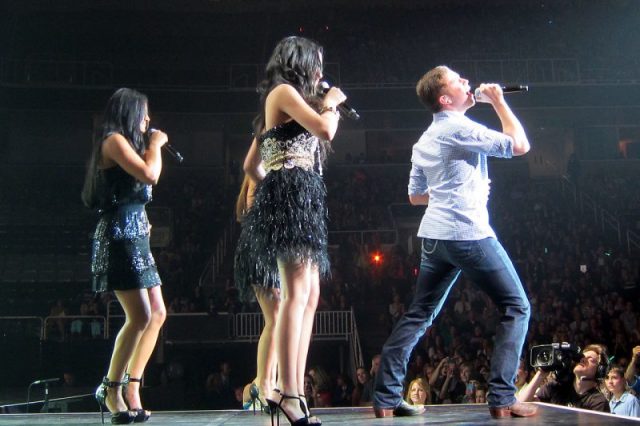
Though this type of program has been running in the United States for close to two decades now, there is a much older version of this show which has run in Europe since 1956.
This is Eurovision, which began in Western Europe. In more recent years Eurovision has made headlines in the USA not only because these types of shows are more popular, but because of both national rivalries and controversial decisions on the coveted top prize.

When the show first aired, American music in the form of rock and roll was just getting popular, but a variety of acts were featured, and the people who decided the winners were men and (some) women who worked in the music industry in some way.
That changed in 1997 when viewers began calling in to vote for the person they liked best. For Eurovision and other TV programs, this was a relatively new thing, but for some European countries it was “old hat” — sort of.
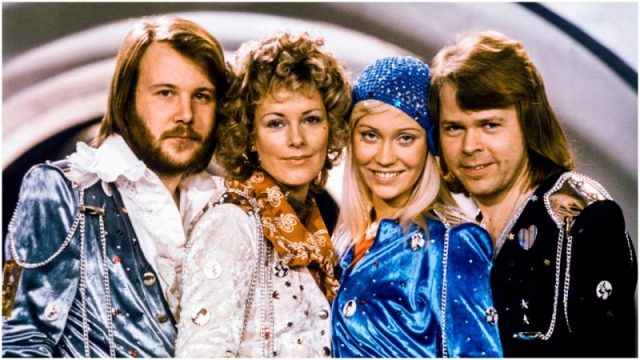
Until 1989-90, Europe was truly divided in two: Western Europe aligned with the United States, and Eastern Europe, aligned with the Soviet Union (USSR). In 1977, the Soviets, seeing the popularity of Eurovision, decided to start their own show, “Intervision”, to appeal to those in the Eastern Bloc.
The show was essentially like Eurovision, but with state-approved performers singing/performing state-approved songs. Lyrics and jokes belittling the state or those in power were forbidden, and any dancing had to be pretty tame – perhaps not to excite the workers too much!
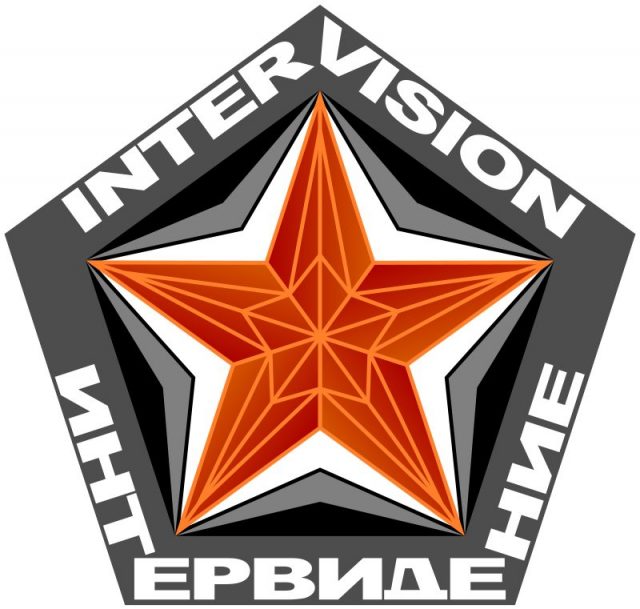
Oddly enough, in a part of the world that hadn’t held free elections for ages, Intervision allowed viewers to vote for their favorites from the first day, something Eurovision did not do for a long time. There was only one hitch…phones were a rare commodity during those days in the Eastern Bloc and USSR.
So, another method for voting had to be used. Ballots mailed in would take too long, and people might lose interest. Plus, there was virtually no trust in paper ballots anywhere. Eventually, the directors of the show, along with the state power authorities (meaning utilities, not those in “power”) came up with an interesting work-around.
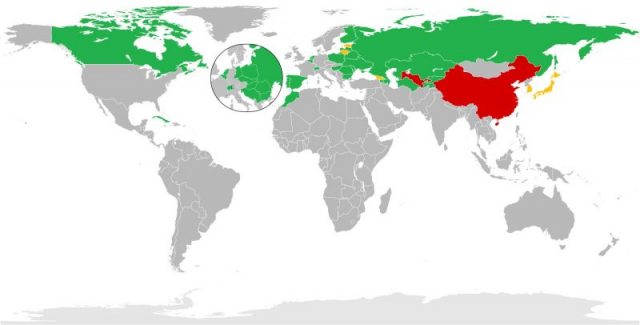
In the last segment of the show, and when the host told them to, people who wanted to vote for that act would run to their light switches and turn on the lights. At the power authority, consumption graphs listed by times would show increases in power use – and thereby, the winner!
Some pop-culture historians point out that at the time, the communist version was way more democratic than that in the West, and perhaps “voting by light-switch” did work. Others point out that the show required people to sit in the dark waiting to vote for an act they may have liked better than some truly awful ones. No one is quite sure if the system worked as designed, and either way, Intervision went the way of the dodo in 1980, after only four years on the air.
